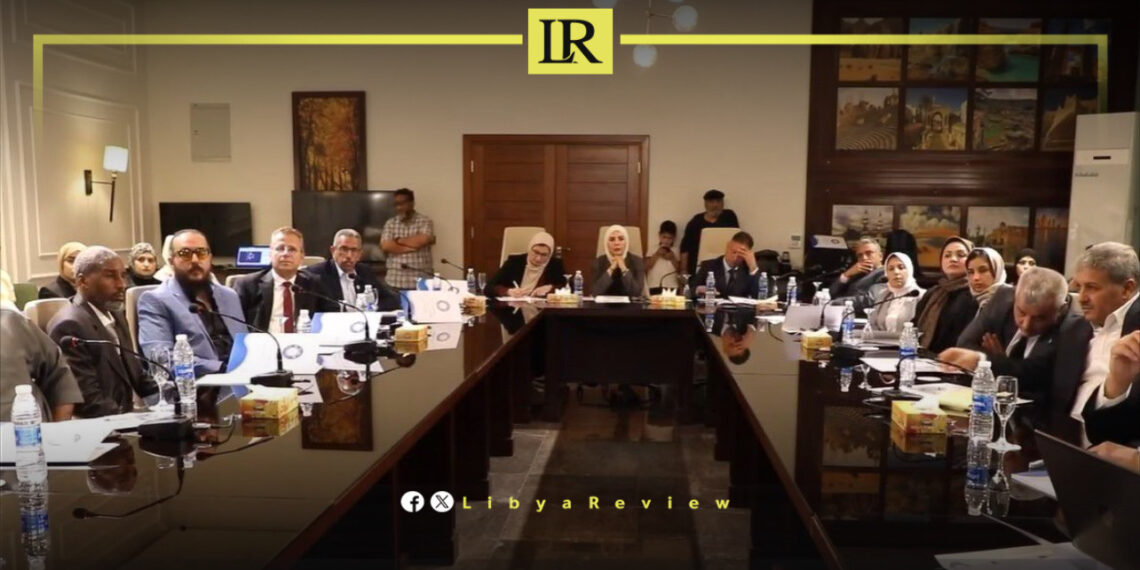The State Ministry for Illegal Immigration Affairs in the Libyan Government-designate organised a conference on “Illegal Immigration: Balancing Security and Development Approaches in the Mediterranean” on Thursday. Salem bin Gharbia, head of the conference’s scientific committee, stated to the Libyan News Agency that the conference was held in collaboration with the African Studies and Research Center to address the issue of migration by launching the Migration Governance Project and its regional implications. This is especially relevant as Libya receives a large number of migrants heading to Europe.
Bin Gharbia added that several scientific papers were presented at the conference to generate recommendations to ensure the success of the Migration Governance Project. Key topics included “National Laws: Balancing Security and Development Approaches,” “Security Implications of Illegal Immigration and Countermeasures,” “Health Security,” and “The Economic Impact of Migration on the Libyan Economy.”
The conference concluded with recommendations, emphasizing that any measures to address the negative effects of mismanaged migration must be preceded by clear rules categorizing border crossers according to capacity and necessity differentiation criteria. It is no longer acceptable to equate refugees, migrants, workers, and displaced persons.
The recommendations also urged the provision of basic healthcare and education services for migrants and the activation of international agreements previously concluded by Libya by enacting legislation to implement human rights protection in practice.
Additionally, the conference recommended the formation of an integrated medical support team to assist institutions in the city of Kufra, enabling Sudanese refugees to access healthcare services and facilitating the work of humanitarian organizations providing support and aid to the displaced.
It’s worth noting that the timing of the conference coincides with the upcoming African-European Conference on Migration in Benghazi.
Libya has been in chaos since a NATO-backed uprising toppled longtime leader Muammar Gaddafi in 2011. The county has for years been split between rival administrations.
Libya’s economy, heavily reliant on oil, has suffered due to the ongoing conflict. The instability has led to fluctuations in oil production and prices, impacting the global oil market and Libya’s economy.


